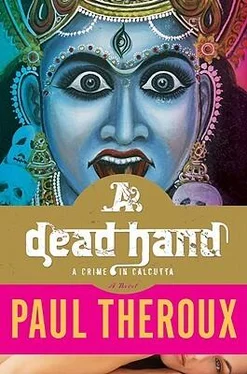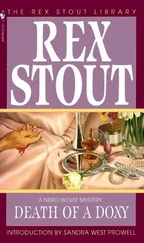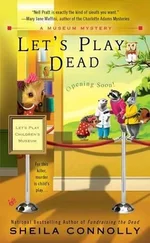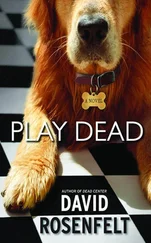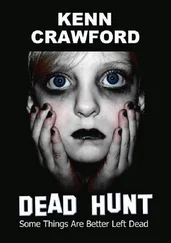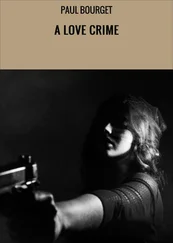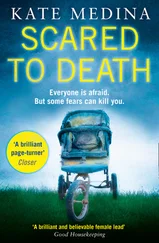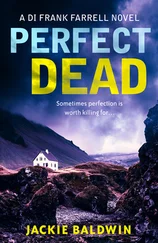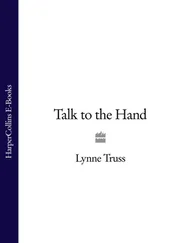At the edge of a traffic-choked intersection was the big decaying mansion, the courtyard with the cracked fountain, the broken wall, the wide split-bamboo blinds, the flight of steps, the fluted columns.
In her purple and gold sari, Mrs. Unger stood almost regally at the top of the stairs, hands together.
"Welcome."
The sari shimmered as she straightened. Her hair was pulled back, she wore gold bangles at her wrists, and her face looked very pale among the Indians who flanked her like retainers.
"Thanks for sending the car."
"I was told you were inquiring after me."
Inquiring after me was one of her Anglicisms, and an understatement. I was not desperate for her attention, but I'd been curious to know what she really felt about me. I was afraid of falling deeper, becoming so smitten that I risked getting lost in her big billowing personality, so swaddled in her affections that I'd be blinded and stifled. If I were to be stifled — I was tempted — I had to know that she was the real thing.
"I wonder if you'd like a tour of the Lodge."
"I'd love it." It frightened me to think that to know her better I would have agreed to anything she suggested.
She turned to reenter the mansion, and as she did, she beckoned to a child standing shyly by the carved stone balustrade of the wide porch. He hurried to her, a skinny boy in blue shorts and a gray shirt, and she took his hand.
"This is Jyoti," she said.
"Hello, Jyoti. How are you?"
"I am well, uncle. Thank you."
He had a soft but certain voice, and he stood very straight, his head erect, his arms at his sides in a posture of obedience. From his shallow breathing and the shutter-blink of his eyelashes I could see that he was nervous, yet he had been so schooled in manners that he knew how to stand his ground. He was poised as a dutiful underling is poised. He knew better than to slouch; he was alert, polite, watchful without seeming worried. And somehow his anxiety only enhanced these traits, because for all his frailty he showed courage. Though he might have been older, and he seemed serious, even careworn, he didn't look more than ten or eleven — a small unswerving soldier. And I liked being called uncle.
"How long have you been here?"
"Eight months, uncle."
"Do you like living at the Lodge?"
"I am flourishing, uncle. Thanks be to her goodness. Ma is our mainstay."
I could have said the same.
Mrs. Unger said, "I'd love to take credit for Jyoti's success, but you see he's done it all himself. I can only give these children the tools. They have to learn how to use them. It's all up to them. And Jyoti is a senior boy now, one of the prefects. Aren't you, Jyoti?"
"Yes, Ma."
"Jyoti is one of the cleverest boys in the Lodge. He came to us as a street child. He was living in a cardboard box in a bustee at Sonagachi."
I knew the place. I had put it on one of my evening walks, the red-light district near Sealdah railway station, where whores painted like clowns leered sadly from second-story windows. So a little color for me had been pure misery for Jyoti, whose mother might have lived and worked behind one of those windows.
"I could see he had great promise. Think of the horrors he's seen in his short life."
I couldn't imagine the life of a child in the streets of that debauched district of Calcutta — the drinking, the fights, the shouting, the contending men. Somehow this child had retained his humanity. But his pained eyes were those of a much older person, wounded and weary. He might have been a bit uneasy as he stood facing me, but his early years had made him unshockable.
"I'd love to help him in some way," I said.
"Don't you see? He doesn't need help. Do you, Jyoti?"
"No, Ma."
"He has everything he needs."
"Yes, Ma," he said, and smiled, and I saw only a flicker of doubt on his lips, as you get when sad people smile.
"Isn't he a big boy?"
Maybe in Calcutta. He seemed to me undersized and skinny, his legs like sticks, his skin dusty and dry from poor nutrition.
"A street child," Mrs. Unger said. "We're nursing him back to health. He'll be fine."
"How long have you been running this orphanage?"
"We never use that word." She was stern and seemed offended. "This is a home, a household. We live together as a family."
The child Jyoti stood slightly apart. He had a mouse face, batlike ears, a tiny head, and narrow shoulders, and he was barefoot in his shorts.
"How many children do you have here?"
"We can accommodate sixty or more, but they have to be separate, boys and girls. They grow, they move on, we bring others into the family."
We passed a classroom where small girls in white dresses were working at tables, drawing pictures on sheets of paper in colored crayon.
"I emphasize the arts and language skills. Most of these children were rejected by their mothers, who couldn't look after them for one reason or another. Some were orphaned or abducted or from poor parents who left them here because they know the reputation of my foundation. They might die otherwise. Here is the kitchen."
Two women in white cotton smocks and white caps were stirring tureens of dahl, another woman was slapping chapatis and frying them on a smooth stovetop. At another table a woman was sorting chickpeas, looking for pebbles.
"Nutritious food, that's the secret," Mrs. Unger said. "We are entirely Ayurvedic here. All vegetarian. We have an Ayurvedic doctor on the staff."
We came to a circular staircase. She called to a young boy dressed in blue shorts and a gray shirt, the same sort of school uniform as Jyoti, who ran to him. Then she started up the stairs.
"This was the mansion of one of the great English families," Mrs. Unger said as she got to the landing, and we looked down at the large room. "It was a total wreck when I found it seven years ago, but we're slowly bringing it back. Charlie and Rajat are helping in the restoration. Look at those teak handrails and spindles and that wood paneling. It's very early and well worth preserving."
"More rehab," I said.
"That's the word. I want to be a lifesaver." She pointed left and right as we walked. "Bedrooms, dorms, showers."
The big upper rooms were partitioned, and along the walls were bunk beds, in the center rows of little cots. The ceilings were twelve feet high in some rooms, with fans hanging from vertical pipes.
"Boys here, and" — she was still walking along the corridor—"over here, girls."
"What sort of ages are they?" I asked.
"We take them young. We encourage them. We train them and then they enter the great world."
I was impressed by the orderliness of the place, the way Mrs. Unger ran it like a kindly headmistress; but when I praised her she dismissed it, as if out of modesty. Yet I babbled and praised her more. I wanted to please her, and though I intended to exaggerate her generosity, I realized that I didn't have to. What she was engaged in was a powerful example of philanthropy, using her own money, not soliciting funds, to create a safe place for lost children.
I told her that.
"Thank you," she said. "I like that—'lost children.' I'd like to work that into my brochure. Sometimes when they come here they're angry, nearly uncontrollable. The world has been cruel to them. But we try to reassure them. We feed them and give them clean conditions and make them feel secure."
"How do you do that?"
"By loving them," she said simply. "Sometimes I just hold them, wrap my arms around them. I can feel all the tension go away."
I wanted to be held like that. Here I was, alone in India; I could relate to the lost children, bewildered in the city. I could understand a child being soothed in Mrs. Unger's arms. I had been held by her — the magic fingers — and I wanted more.
Читать дальше
